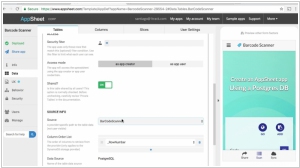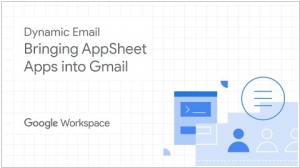AppSheet vs Caspio
July 21, 2023 | Author: Michael Stromann
14
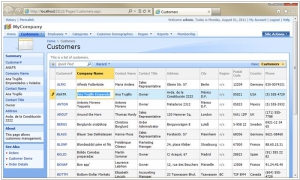
Caspio is the all-inclusive online database platform designed for business users to create sophisticated web forms, reports and complete web and mobile applications fast and without coding. Create online database applications fast, easy and without coding. Caspio online database software powers over 500000 cloud database apps.
AppSheet and Caspio are both popular platforms for building web and mobile applications, but they have distinct differences that cater to different user needs and preferences. AppSheet is known for its no-code development approach, allowing users to create applications without any coding knowledge. Its user-friendly interface and visual app builder make it accessible to a wide range of users, including non-technical individuals and small businesses. On the other hand, Caspio offers a more robust and advanced platform for building applications. It provides a low-code development environment, combining the ease of visual app creation with the flexibility to customize and extend functionality using code if needed. Caspio is favored by businesses seeking greater control and customization options for their applications, making it suitable for more complex projects and larger enterprises.
See also: Top 10 Low-Code Platforms
See also: Top 10 Low-Code Platforms
AppSheet vs Caspio in our news:
2021. Google brings AppSheet automations to Gmail
Google has introduced a new feature for its AppSheet automation service, enabling developers on its no-code platform to create custom apps and automation that directly interact with Gmail. Through dynamic email, developers now have the ability to construct applications that users can trigger and execute directly from their Gmail inbox. Although dynamic email was announced by Google in 2019, we haven't witnessed a significant number of developers fully utilizing these capabilities. This enhancement allows AppSheet developers to build functionalities such as approval workflows or asset management systems that users can conveniently update within an email itself.
2020. Google binds no-code tools, API management into new Business Application Platform
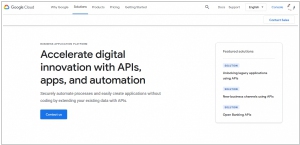
In a strategic move to tap into the thriving low-code/no-code market, Google LLC has introduced its new category of software called the Business Application Platform. This comprehensive platform encompasses various components, including application programming interface (API) management, no-code application development, process automation, and business analytics. Leveraging the technology obtained through its recent acquisition of AppSheet, Google aims to simplify the application-building process by enabling users to create applications without the need for coding, distinguishing it from traditional low-code solutions. The Business Application Platform will also incorporate API management capabilities from Apigee, a company acquired by Google four years ago. Google plans to enhance the platform with additional features that leverage the power of Google Cloud, hybrid and multicloud architectures, artificial intelligence and machine learning development tools, lifecycle management, as well as security and productivity/collaboration functionalities.
2020. Google App Maker is shutting down

Google has announced the gradual discontinuation of Google App Maker due to its low usage. The process of phasing out App Maker began in 2020, and it will be officially shut down on January 19, 2021. For those who relied on App Maker to automate business processes, Google recommends transitioning to AppSheet, a newly introduced addition to its application development portfolio that offers similar capabilities. In the case of app development, Google suggests utilizing App Engine, which provides a fully managed platform for building and deploying applications. Additionally, for data collection purposes, Google Forms is recommended, as it now offers numerous new features that were not available when App Maker was initially launched.
2020. Google buys no code application development startup AppSheet
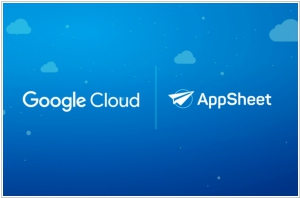
Google strengthens its cloud capabilities through the acquisition of Appsheet, a company that offers tools empowering "citizen developers" to build data-driven applications. Appsheet provides a "no code" platform for application development, enabling Google to assist companies in creating mobile apps without the need for extensive developer teams. The platform extracts data from sources like spreadsheets and utilizes field and column names as the foundation for new applications. With its existing integration with Google products such as Sheets and Forms, Appsheet was an enticing choice for Google. Furthermore, the platform seamlessly collaborates with other renowned services including Amazon Web Services Inc.'s DynamoDB database, Box, Salesforce, and Microsoft Office 365. Google has assured that Appsheet will continue to support these platforms even after the completion of the acquisition.

